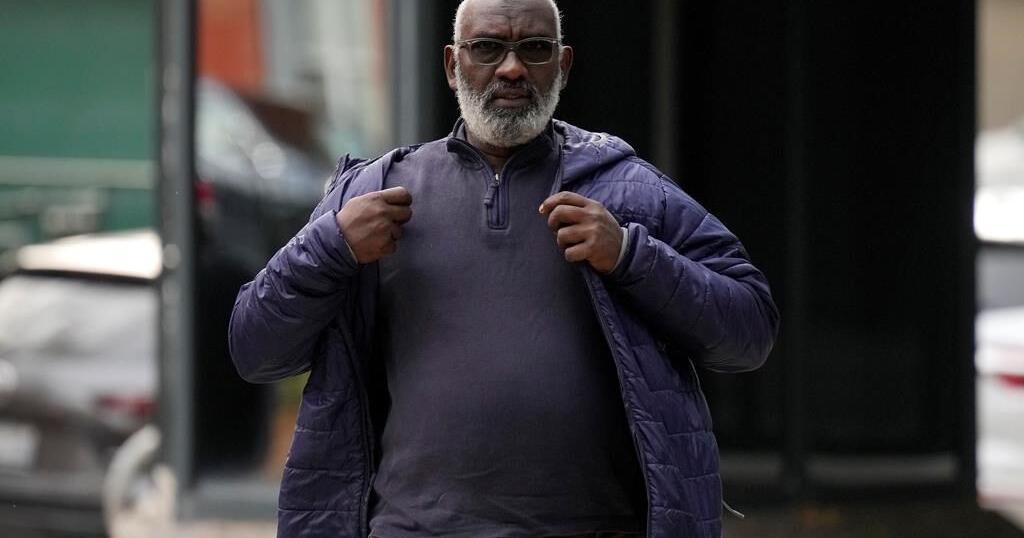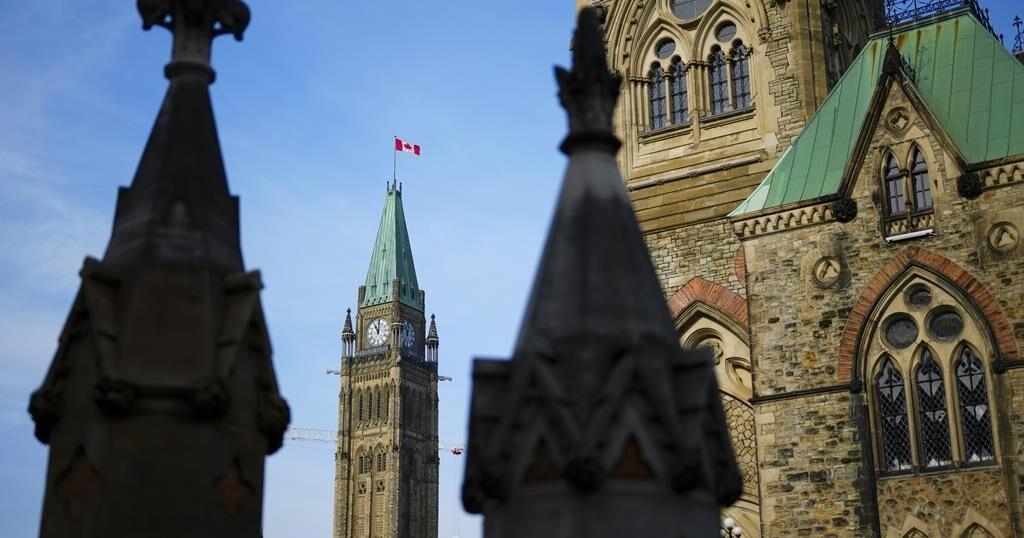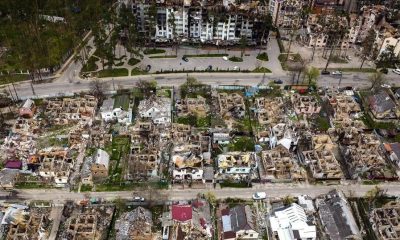OTTAWA – Two-thirds of Canadians are optimistic about where human rights are headed in this country, but there is growing pessimism about the state of rights abroad, a new survey found.
The Canadian Museum for Human Rights in Winnipeg released its second survey on the topic as it seeks to ensure its exhibits match Canadians’ concerns.
In an increasingly polarized world, museum CEO Isha Khan said she is encouraged that the poll suggests a majority of people share a common sense of social responsibility.
“I think particularly now when we feel polarized, we feel divided in so many ways; it was really heartwarming to see that two-thirds of Canadians felt optimistic about human rights in Canada and about the protections we have here,” she said.
“It felt good to see that 74 per cent of people believe that they have a collective responsibility to care for one another. I mean, that’s huge at a time where it’s really easy to spend time thinking about some really horrific things going on in the world.”
The outlook on human rights among Canadians appears to be less rosy on what’s happening abroad, with only one-third of respondents saying they are optimistic about the trajectory of rights internationally.
Respondents say war and violence are the key drivers of this pessimism, followed by sexism and women’s rights.
Domestically, challenges appear to be emerging when it comes to the rights to health care and safe, affordable housing. A majority of respondents said these rights are in a weaker place than a decade ago in Canada, with 81 per cent saying the right to housing has weakened.
“Those are tough systemic issues and they’re on the minds of Canadians is what (the result) told us. So we’ve got to find a way to take that energy, that anxiety, that concern and make ways for people to contribute to those issues,” Khan said.
As the Canadian Museum for Human Rights is the first national museum outside the capital region, Khan and her team travelled from Winnipeg to Ottawa to share the findings with civil society organizations, parliamentarians and government officials.
Khan said the goal of these meetings to is to share how Canadians are feeling on human-rights issues to help inform policy and discourse.
The survey of 2,500 people was held this fall, done online and by phone when requested. It was conducted by Probe Research in collaboration with the museum. Due to the online nature of the polling, a margin of error cannot be assigned.
This report by The Canadian Press was first published Nov. 18, 2024.


























